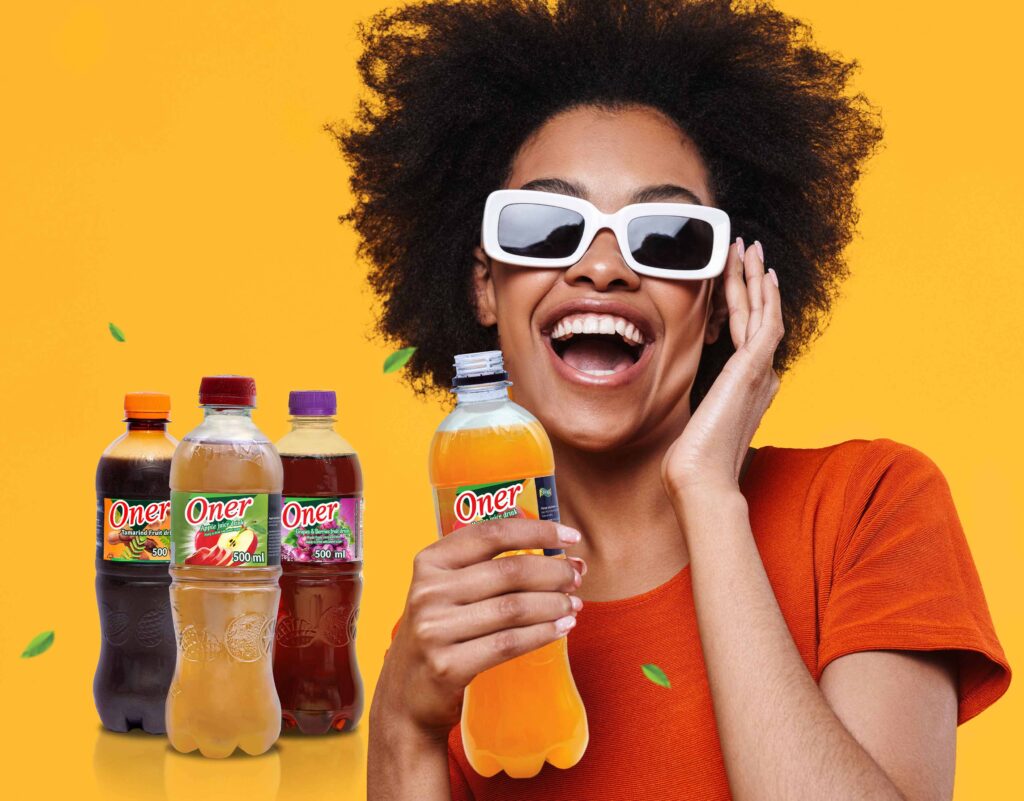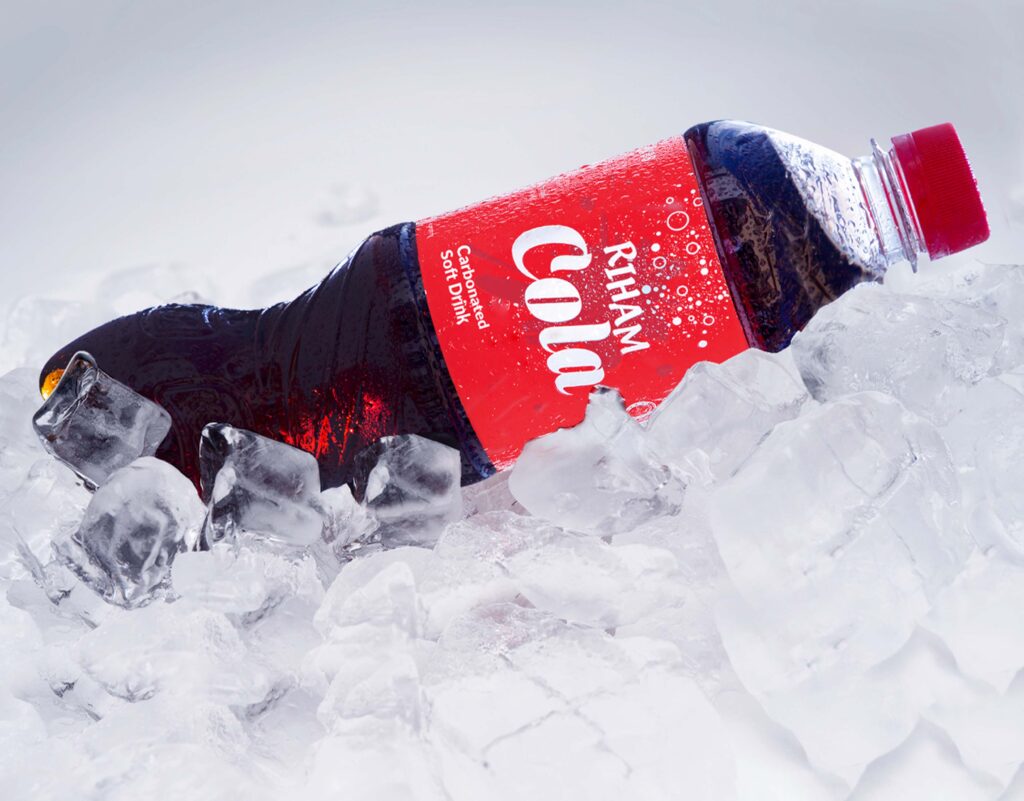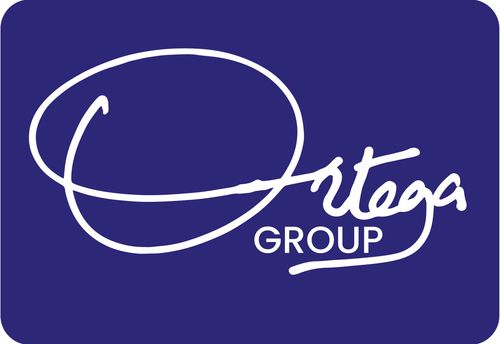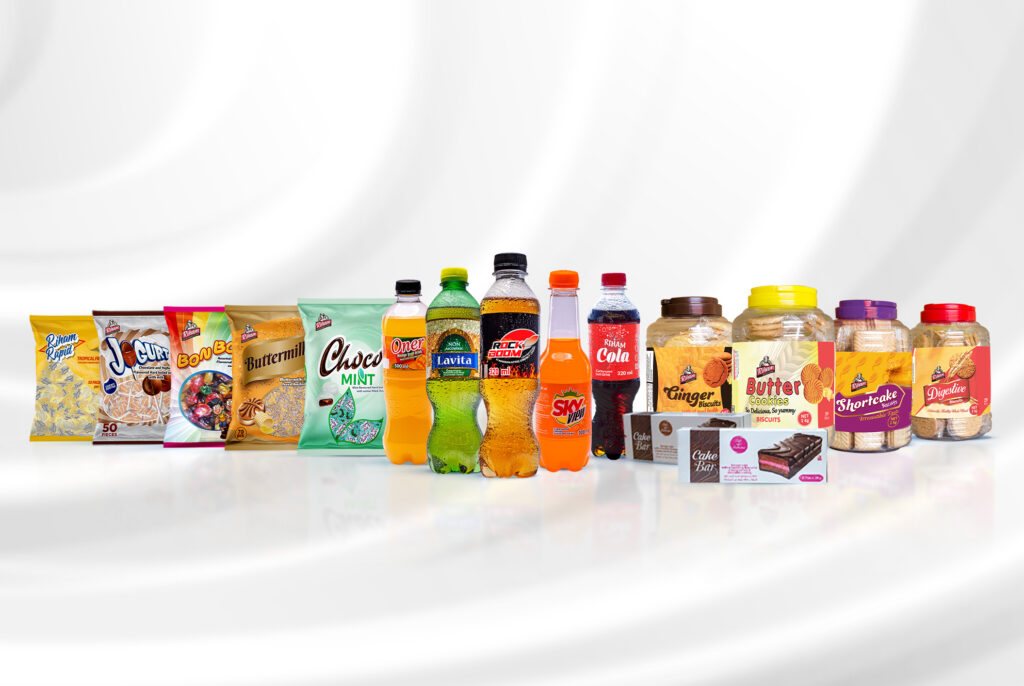By Moses Kaketo
What started as a small beverage company in 2005, eighty years later, Harris International Limited, the makers of RIHAM Soda, are now a force in Uganda’s food and beverage industry, dining with the big boys. To put it better, the big boys- Coca-Cola Beverages Uganda (CCBU)and Crown Beverages Limited (CBL)—. must be worried about her next moves. Read on!
The innovation of the plastic bottle opened up the market. It unlocked competition in Uganda’s soda market. A field that was conventionally for Pepsi-Cola and Coca-Cola. Harris International, who had never believed they could make and sell soda, show an opening.
2013: The surprise entry of Harris International into the soda market caught CCBU and CBL unaware.
The panicky CCBU dragged Harris International to court over what it termed as trademark infringement. The case was settled out of court in November 2013.
While CBL went for talks. They wanted to buy off the young, aggressive competitor. Harris International declined the bid.

In the meantime, RIHAM Soda was eating into their market. At one point, it was commanding 5% of all the soda sold in Uganda. All this happened in less than a year.
Running out of options, the big boys chose to concentrate on quality. They came up with a stylish 300ml and 500ml plastic bottle, going for UGX. 1000 and 1500, respectively. This tactic knocked off RIHAM in Kampala and towns.
‘Chased’ in Kampala, RIHAM found a new home [read market] upcountry and in the villages. To date, RIHAM soda still commands good sales. To the villager, the look of the bottle means nothing.
To Harris International, the big boys had won the battle, but not the war. Having assessed the market potential, Harris International was not done.
Product innovation journey
As the big boys were busy celebrating after overwhelming the new entrant, Harris International was in the kitchen cooking.
2014: The company came up with a game-changer product-Rock Boom. The first Ugandan-made energy drink. It was fairly priced and within your means of an average Ugandan compared to expensive imported ones. Rock Boom became a darling in the market. Today, it is not only the market leader in Uganda’s Energy market, but also a cash cow for Harris International. The ‘big boys’ launched their own energy drinks, Sting Energy Drink and Predator Energy Drink. These were no match.
The success of Rock Boom inspired Harris International to come up with more innovative offerings.
2015: They launched Oner Juice. This was received well by the market. Today it commands its share in the market. It is a darling for both the young and the old. In schools, you cannot miss it on visitation days.
Like in wartime, Harris International opened more frontages to further ‘disorganize their enemy’—read, expand their product portfolio and offering. The game plan worked well.

For example, Rock Boom comes in two varieties: Rock Boom in cans for the high-end market and Rock Boom in plastic bottles for the mass market.
Meanwhile, Oner Juice comes in Mango, Apple, Grapples, Tamarind and Berries flavour. That is not all. Oner that previously came in a 500-ml PET bottle is also available in a family-size 1-liter bottle and on the go in a 200-ml bottle for the low end.-Omuntu wawansi
Again, you can say, the company listened to the market. They made sure that everyone gets to enjoy their products-the rich and the low end. They clearly understood the Ugandan market and deployed the right strategy.
Meanwhile, in the bottled water section, besides RIHAM water, which serves the mass market, in 2021, they launched Krystal Natural Mineral Water to cater for the high-end market. To put it better, to compete with Market leader Coca-Cola Beverages, Uganda’s Rwenzori Mineral Water. Krystal water is given enough market support; the bottle is also stylish. Three years later, Krystal is now among the best bottled water brands in Uganda.
All these innovative products have been welcomed in the market. 15 years later, Harris International is not only the fastest-growing beverage company, but also the third-largest beverage company in Uganda, employing over 1500 people and supporting a network of over 250,000 retailers nationwide.
2021: The company ventured into confectionary with a catalog of delicious sweets and candies: Bon Bonii fruit mints and Rapid chewing gum in Spearmint, strawberry, and Tropical fruit flavors.
Important to note, Harris International, while still with one product, built a network of distributors across the country. It is this network that would ensure their products reach every part of the country in the future.
The continuous product innovation has seen the company grow from a one-product RIHAM to over eighty offerings that provide refreshment, nourishment, and enjoyment.
The offerings include market leaders: Rock Boom, Sky View soda orange, Citrus and Fruitii, Malt-based soft drinks Lativa, Pineapple and Coffee Malt, plus sodas. Exotic Tamarind, Exotic Tangawuzi. These products are made with indigenous natural flavors. The success of these products means the company did research, does research and has a clear strategy.
The wide product portfolio also helped Harris international distributors increase their turnover. Today, a typical Harris International distributor earns millions. In return, they are also doing their best to hit their set targets. Today, Harris International products are readily available in every corner of the country.
Going forward
Harris International also saw growth opportunity in the regional market, especially the Democratic Republic of Congo, Burundi, and Western Kenya. To exploit this opportunity, they had to increase the production capacity. A $100 million state-of-the-art plant with capacity to produce between 250 and 280 million liters of beverages annually was launched last year. The plant is strategically located in Ttula, Kawempe and sits on twenty acres.
Going further
To Harris International, winning the battle and war did not stop them from thinking ahead. True, the company had grown and surpassed its founders. The founders went out to look for investors who could push their vision to better heights.
The savior came in the form of, South Africa’s Nicky & Oppenheimer family, Africa’s third-richest billionaires. They bought 75% shares in the company. This means money is no longer an issue for Harris International. They have the money to innovate, the vision, can hire the best talent, money to build state-of-the-art plant and much more. For now, the sky is the starting point for them.
Talent acquisition
Early last year, to further cement their position, Harris International, recruited a top-notch executive team led by Simon Harvey. He has over 20 years’ experience in the FMCG sector. He earlier led the strategy operations of global beverage companies like Diageo and SABMiller.
The company also hired Patrick Mugenyi as deputy Managing Director. He boasts of two decades of leadership experience in businesses such as Lafarge, Coca-Cola Sabco and New Forest.
Mr. Elsabe Van Biljon was given the role of overseeing the plant. She boasts of 20 years of experience in managing and maintaining some of the biggest production and packaging lines in the industry, such as SABMiller, PG Group, and a beverage company.
Furthermore, recently, Eunice Waweru (previously the Finance and Strategy Director at Uganda Breweries Limited-UBL), has also joined the team as the Chief Financial Officer. She joins Rosemary Nakuya (also previously at UBL. Nakuya serves as the Human Resources Director at Harris.
With the money, the best talent, a clear vision and strategy, Harris International is destined for greater heights.
For now, we can say, and the big boys agree with us, Harris International is here for good. Crown Beverages Limited and Coca-Cola Beverages Uganda have all the reasons to worry. Who knows, one day, Harris International may come up with an innovation that may surprise and revolutionize the soda market in Uganda for good.
Last word
The success of Harris International in Uganda should be studied in detail. A great lesson for local entrepreneurs. Study and understand the market, develop a vibrant strategy, and give the market what they want, not what you want to produce. Hire and keep the best talents. Finally, look out for investors; you are better off owning 10% shares in a successful company than retaining 100% shares in a struggling and failing company.
Editor’s Comment:
Harris International is a lesson in disruptive innovation. An underdog comes into the market through a cost-leadership strategy forcing the market leaders out of the bottom-of-the-pyramid.

